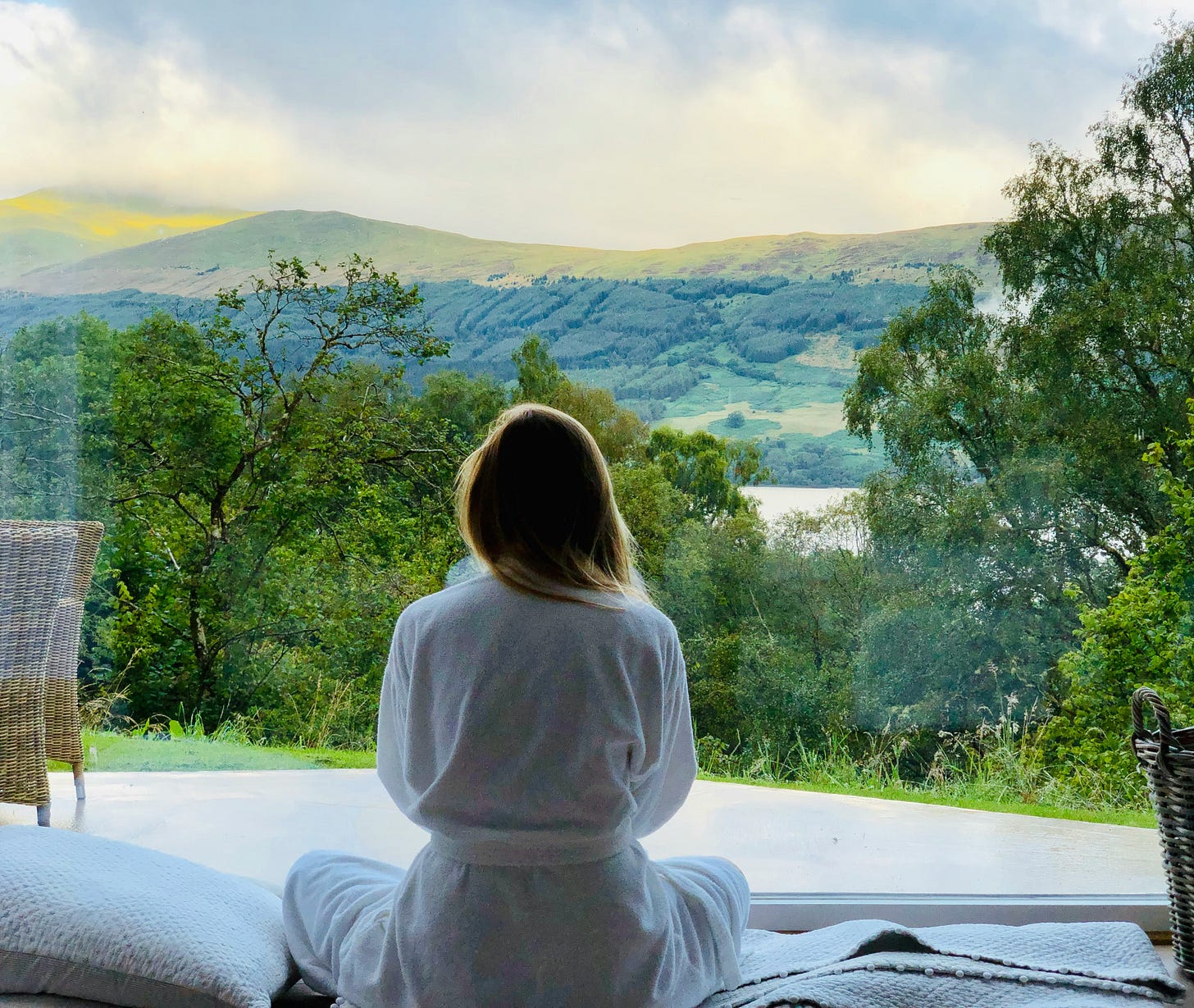The New Elite of Remote Work: People Who Pay Not to Talk to Anyone
Coworking monk-mode, curated coliving, and “community only when requested”. The new luxury isn’t location — it’s selective invisibility.
There was a time when remote work meant freedom, creativity, connection, serendipity.
Today, in 2025, it increasingly means something else: the right to disappear without disconnecting.
Across Europe — from Amsterdam to Palermo — a clear pattern has emerged.
Coworking operators are redesigning their spaces not around social energy but around controlled sil…




